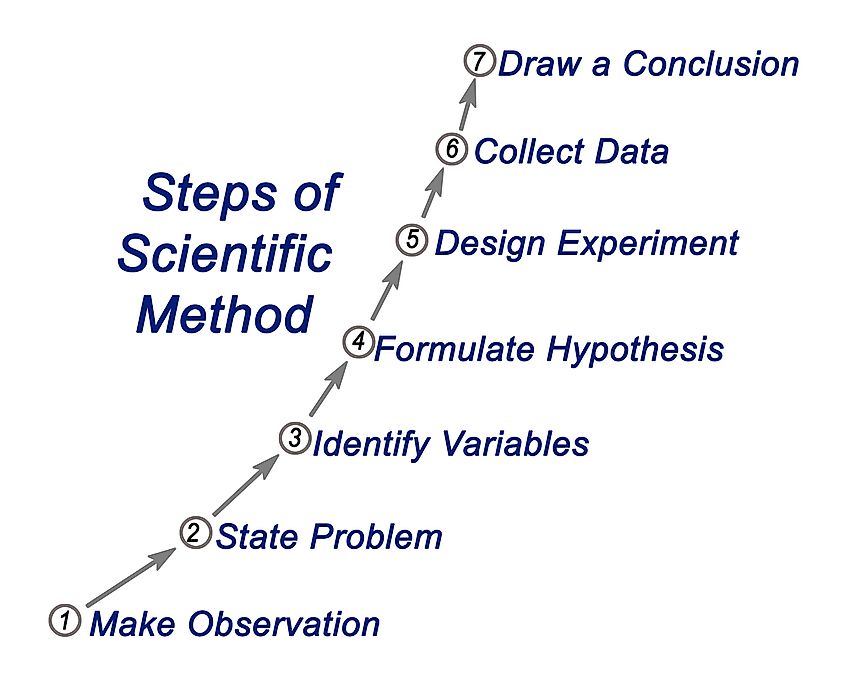What Is A Paradigm?

Paradigms are used in various science disciplines for the creation of a basis where practical work can be employed. A paradigm represents a set of rules and conventions that are used in a particular field of study. In science, it explains what are the established perspectives on the subject of research, as well as what theories, methods, and postulates the field uses.
Paradigm Origins
Paradigm is a concept most commonly used to describe a model or a pattern of something that can serve as an example. It is frequently used in architecture and design to depict what kind of functional solutions are already established as the ones that work, and are referred to as design paradigms.
The origin of the word comes from ancient forms of both Greek and Latin. Para, or paradeiknyai, in Greek means to ''display side by side''. In Latin, the word paradigma literally means ‘’a model/pattern’’, which suits today’s meaning the best. Greek philosophers like Aristotle and Plato hugely influenced the concept of a paradigm with their thoughts on the nature of knowledge.
Aristotle and Plato: The Nature Of Knowledge
Aristotle argued that knowledge creates a basis for a scientific method. But not any kind of knowledge, but the one that is built upon something that is already known. Plato, on the other hand, suggested how we should determine the value of knowledge if we look at its potential to change the future. Plato was interested in what is the end result of knowing something, and this could be considered as a tool all scientific breakthroughs could be made. Aristotle postulated another vital element of any paradigm, and that is the importance of empirical data, which would lead to further progressions in the field.

Thomas Kuhn: Paradigm Shifts
Another important scientist that explored the nature of paradigms was an American philosopher Thomas Kuhn. It was his idea that paradigms tend to shift from time to time, or when something noteworthy happens in the field. Kuhn explained how a paradigm shift will occur once a scientist can not explain his research within the context of the dominant paradigm. In this, Kuhn saw how paradigm shifts lead to scientific revolutions. In fact, Thomas Kuhn was actually very critical about scientific fields that followed their paradigms too closely, and thinking of their ignorance toward other ideas and methods as a way that creates a dogma (which is, simply put, something that never needs to be questioned).
One more critical thinker that shared his thoughts on paradigms is the French philosopher Michel Foucault. The term most associated with Foucault is ''discourse.'' For Foucault, discourse is a driving force behind each paradigm. Through language and various other cultural practices, a paradigm becomes dominant through a particular discourse.











